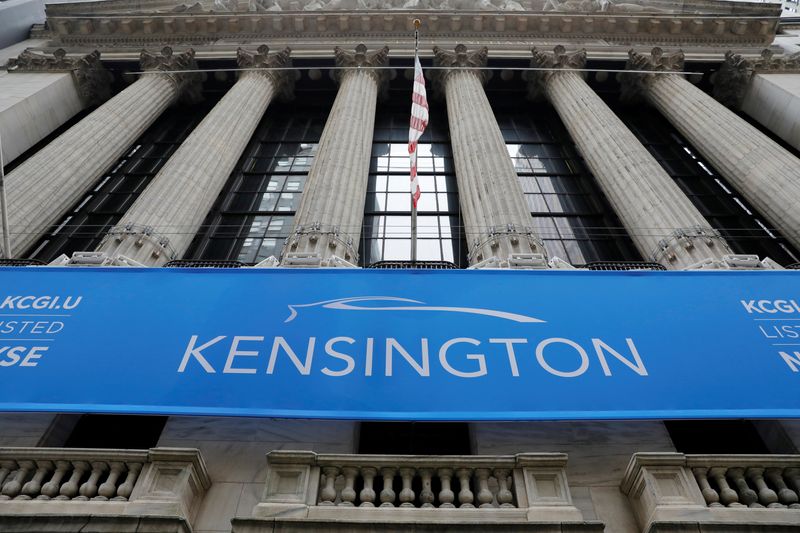(Reuters) -Arrival SA will terminate plans to merge with a blank-check firm and Nikola Corp will offload its newly acquired battery unit, the companies said on Monday, amplifying concerns over the struggles electric vehicle (EV) startups face in building scale.
British electric vehicle company Arrival, whose shares fell more than 2% in extended trading, had said in April it would merge with Kensington Capital Acquisition Corp V to bolster its depleting cash pile.
The special purpose acquisition company (SPAC) did not immediately respond to a request for comment.
Meanwhile, Nikola Corp will liquidate the assets of Romeo Power, an EV battery maker it acquired less than a year ago, to energize the business.
The news comes close on the heels of peer Lordstown Motors filing for bankruptcy protection last week.
In contrast, electric vehicle behemoth Tesla (NASDAQ:TSLA) and California-based Rivian Automotive beat market estimates for second-quarter deliveries.
EV firms have been facing dwindling cash reserves over the past few months, pressured by high costs related to production ramp-ups and soaring inflation.
Arrival had in April bet that the second reverse merger would release $283 million of cash held in trust before redemptions. In early 2021, the company had merged with CIIG Merger Corp.
The EV startup in May reported a 37% slump in cash and cash equivalent at the end of the first three months of the year, from the preceding quarter.
The startup warned in November it would run out of cash before the end of 2023. The company has cut staff almost 75% to 750 employees in a bid to conserve cash.
Arrival said in May it aimed to begin producing its medium-duty XL Van at a "microfactory" in Charlotte, North Carolina, by late 2024.

The company's early investor United Parcel Service (NYSE:UPS) is still an anchor customer and it has ordered up to 10,000 vans.
In May, the company said it expects to report one or more material weakness in internal control over financial reporting.